How different companies have handled backlash against their LGBTQ+ initiatives
Some brands have backed away from inclusive initiatives, fearful of conservative backlash, while others have stood their ground

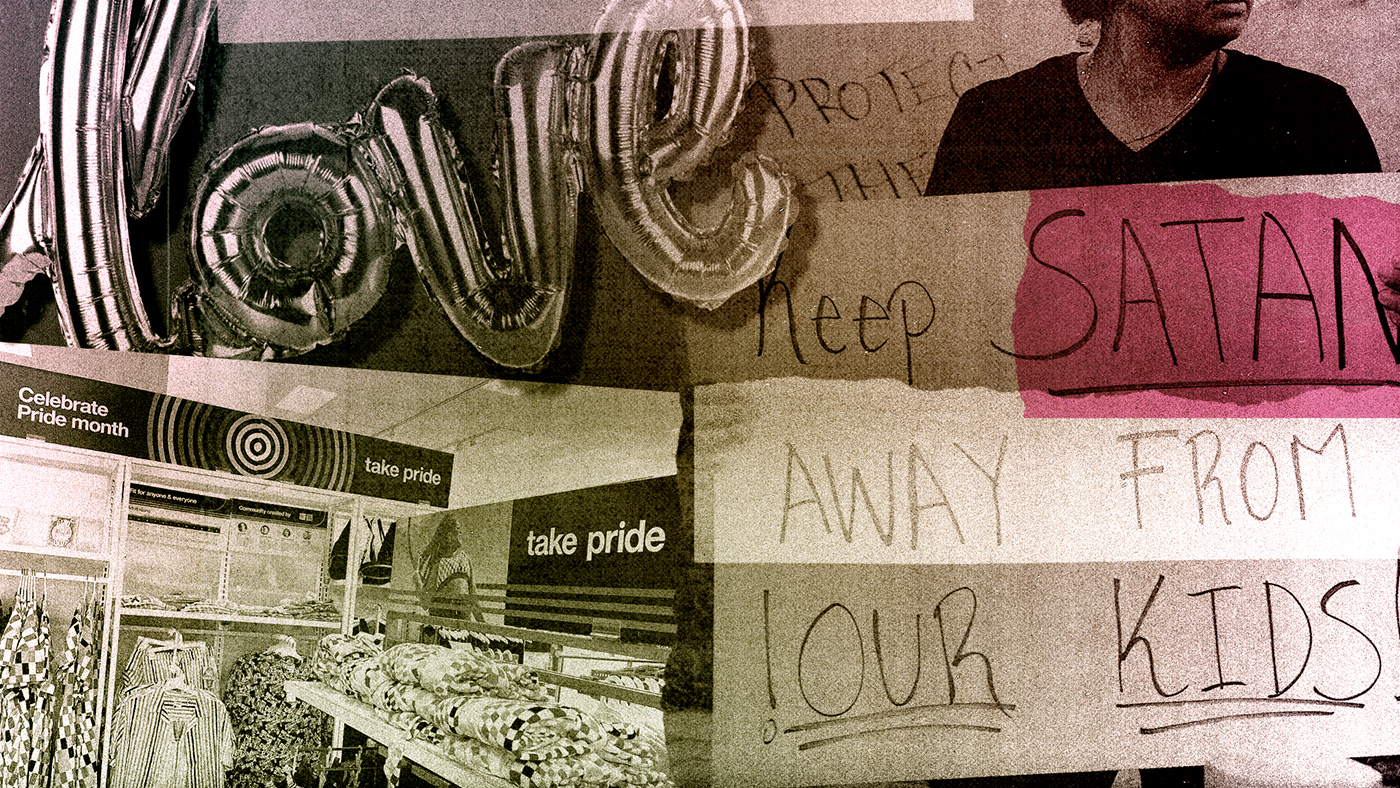
A free daily email with the biggest news stories of the day – and the best features from TheWeek.com
You are now subscribed
Your newsletter sign-up was successful
June 1 marked the start of Pride Month, a time when many companies and brands enact inclusive initiatives or product lines in honor of LGBTQ+ communities nationwide. Recently, however, such corporate projects have been increasingly enveloped by a swell of (mostly) conservative and far-right backlash, pushing companies to either acquiesce and roll back their plans or weather the storm and stand strong in their support.
Below, we've rounded up a few brands that have found themselves at the center of a Pride-related revolt and how they've responded.
Target
Target, one of the nation's largest retailers, recently rolled out a large section of LGBTQ+ clothing and other inclusive products for Pride Month, something they have been doing for a while. In 2023, however, the Pride section drew the ire of conservatives, with some on the right calling for a boycott of Target. Many conservative pundits backed the proposed boycott, with former GOP congressional candidate Robby Starbuck saying women should tell "friends they won't shop there because Target pushed trans products onto little kids," Newsweek reported.
The Week
Escape your echo chamber. Get the facts behind the news, plus analysis from multiple perspectives.

Sign up for The Week's Free Newsletters
From our morning news briefing to a weekly Good News Newsletter, get the best of The Week delivered directly to your inbox.
From our morning news briefing to a weekly Good News Newsletter, get the best of The Week delivered directly to your inbox.
Following the backlash, Target announced it would pull some of its pride merchandise from shelves. However, the company said in a press release that they were pulling the products not because of the boycott itself, but because they've "experienced threats impacting our team members' sense of safety and well-being while at work." The company added that it was "moving forward with our continuing commitment to the LGBTQIA+ community."
Anheuser-Busch
In perhaps the most nationally recognized incident, conservatives called for a boycott of Anheuser-Busch after transgender influencer Dylan Mulvaney partnered with Bud Light for an advertisement. Notable faces on the right, like Kid Rock and Travis Kitt, openly lashed out against the beer brand as a result. Even former President Donald Trump — who owns up to $5 million in Anheuser-Busch stock, Insider reported — weighed in on the drama.
Anheuser-Busch's CEO eventually apologized without directly mentioning the Mulvaney campaign, saying the company "never intended to be part of a discussion that divides people." It seems conservatives did not accept the apology, though, as Bud Light's sales have continued to drop. Anheuser-Busch was then subsequently slammed by LGBTQ+ rights groups for backing down from the mob, and the Human Rights Campaign Foundation removed the company's top inclusivity rating.
Disney
For months, the Mouse House has been involved in a high-profile dispute with Florida Gov. Ron DeSantis (R) that has since spilled into the courts. The feud began last year when Disney publicly opposed DeSantis' controversial Parental Rights in Education bill, commonly known as the "Don't Say Gay" bill.
A free daily email with the biggest news stories of the day – and the best features from TheWeek.com
After Disney — the state's largest employer — stood up to the governor, conservatives called for a boycott of the company's namesake theme park. Unlike Anheuser-Busch, however, Disney has managed to continue park operations seemingly unscathed. And instead of pivoting away from its LGBTQ+ initiatives, the company has instead leaned into its plans and is hosting a Pride Month event at Disneyland in June.
Nike
Nike, one of the world's most iconic athletic brands, sparked conservative fury after partnering with Dylan Mulvaney, the same transgender influencer embroiled in the Anheuser-Busch scandal, to promote the company's line of women's workout wear. As a result, some on the right started a "burn bra challenge" that encouraged consumers to destroy their Nike sports bras.
Unlike that of Anheuser-Busch, however, the Nike boycott did not seem to gain traction online, similar to how prior "calls to destroy the company's products typically have been short-lived," Insider reported. Also unlike Anheuser-Busch, Nike has not apologized for upsetting certain customers. "Hate speech, bullying, or other behaviors that are not in the spirit of a diverse and inclusive community will be deleted," the brand wrote regarding comments on its Instagram, where it also encouraged people to "be kind" and "be inclusive."
Justin Klawans has worked as a staff writer at The Week since 2022. He began his career covering local news before joining Newsweek as a breaking news reporter, where he wrote about politics, national and global affairs, business, crime, sports, film, television and other news. Justin has also freelanced for outlets including Collider and United Press International.
-
 How the FCC’s ‘equal time’ rule works
How the FCC’s ‘equal time’ rule worksIn the Spotlight The law is at the heart of the Colbert-CBS conflict
-
 What is the endgame in the DHS shutdown?
What is the endgame in the DHS shutdown?Today’s Big Question Democrats want to rein in ICE’s immigration crackdown
-
 ‘Poor time management isn’t just an inconvenience’
‘Poor time management isn’t just an inconvenience’Instant Opinion Opinion, comment and editorials of the day
-
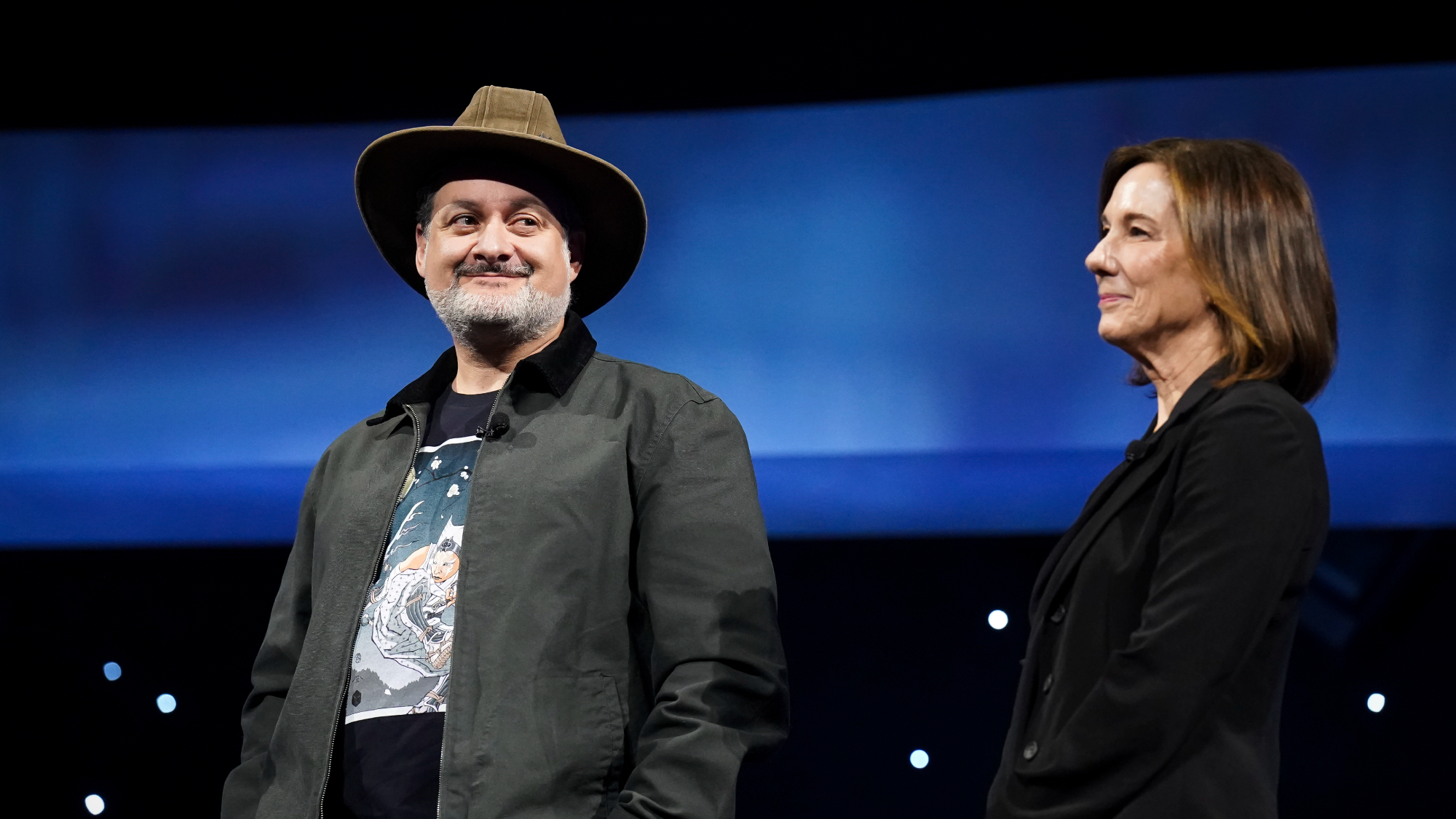 Lucasfilm passes ‘Star Wars’ torch to new leaders
Lucasfilm passes ‘Star Wars’ torch to new leadersSpeed Read Kathleen Kennedy is stepping down after 14 years at the company
-
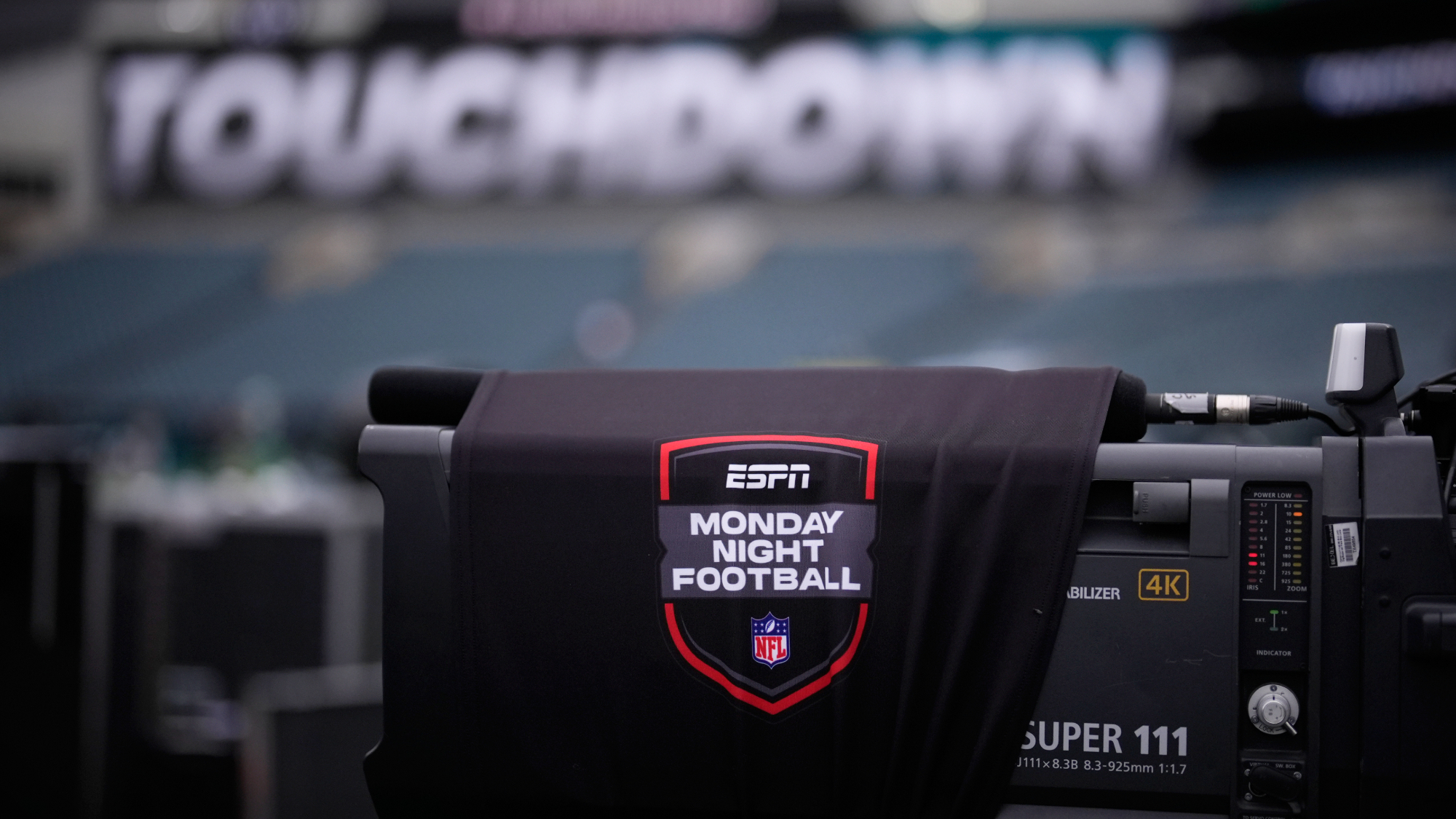 NFL gets ESPN stake in deal with Disney
NFL gets ESPN stake in deal with DisneySpeed Read The deal gives the NFL a 10% stake in Disney's ESPN sports empire and gives ESPN ownership of NFL Network
-
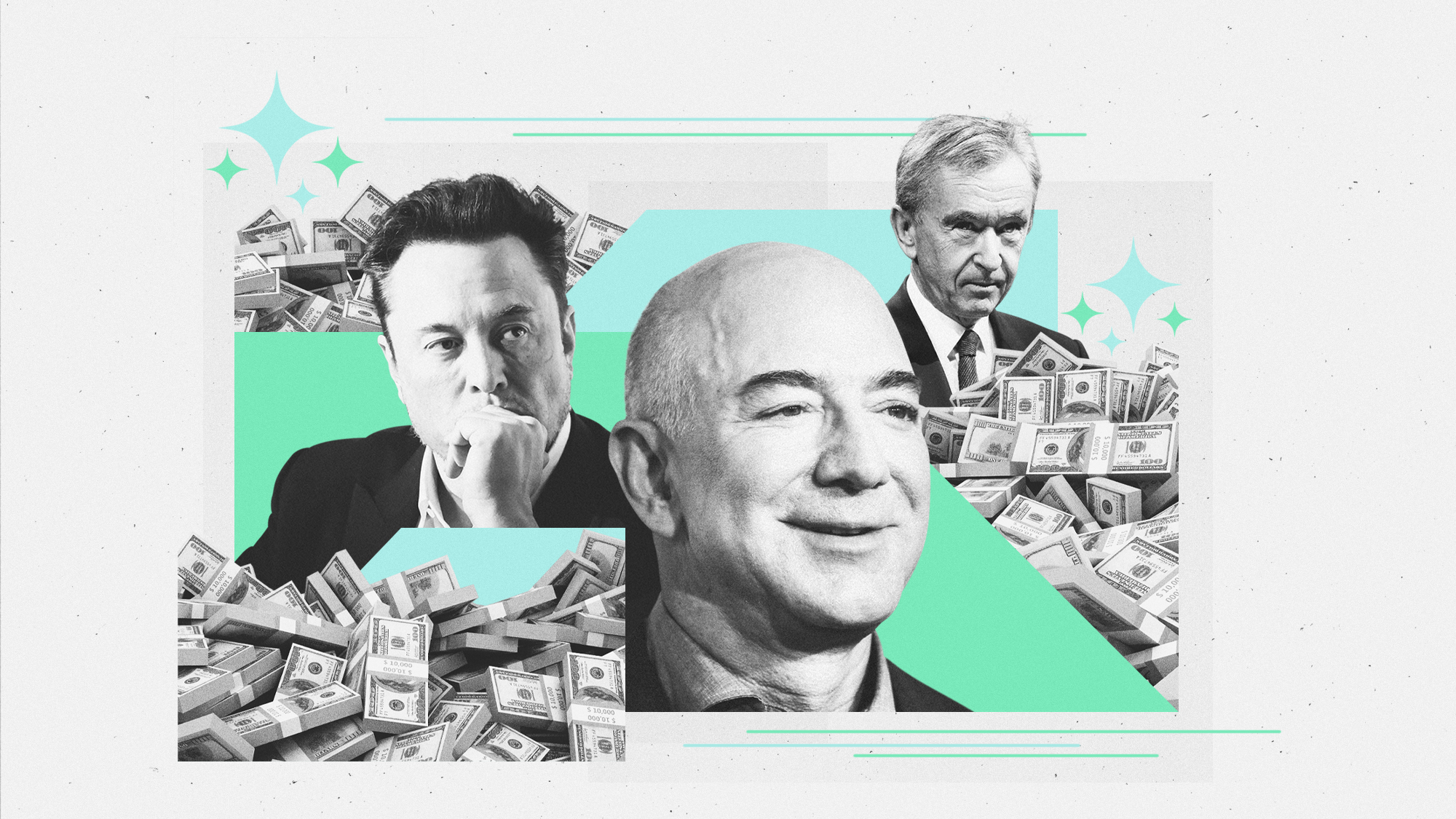 The rise of the world's first trillionaire
The rise of the world's first trillionairein depth When will it happen, and who will it be?
-
 Are streaming bundles reinventing cable TV?
Are streaming bundles reinventing cable TV?Today's Big Question The old-fashioned convenience of one service, one fee
-
 Disney board fends off Peltz infiltration bid
Disney board fends off Peltz infiltration bidSpeed Read Disney CEO Bob Iger has defeated activist investor Nelson Peltz in a contentious proxy battle
-
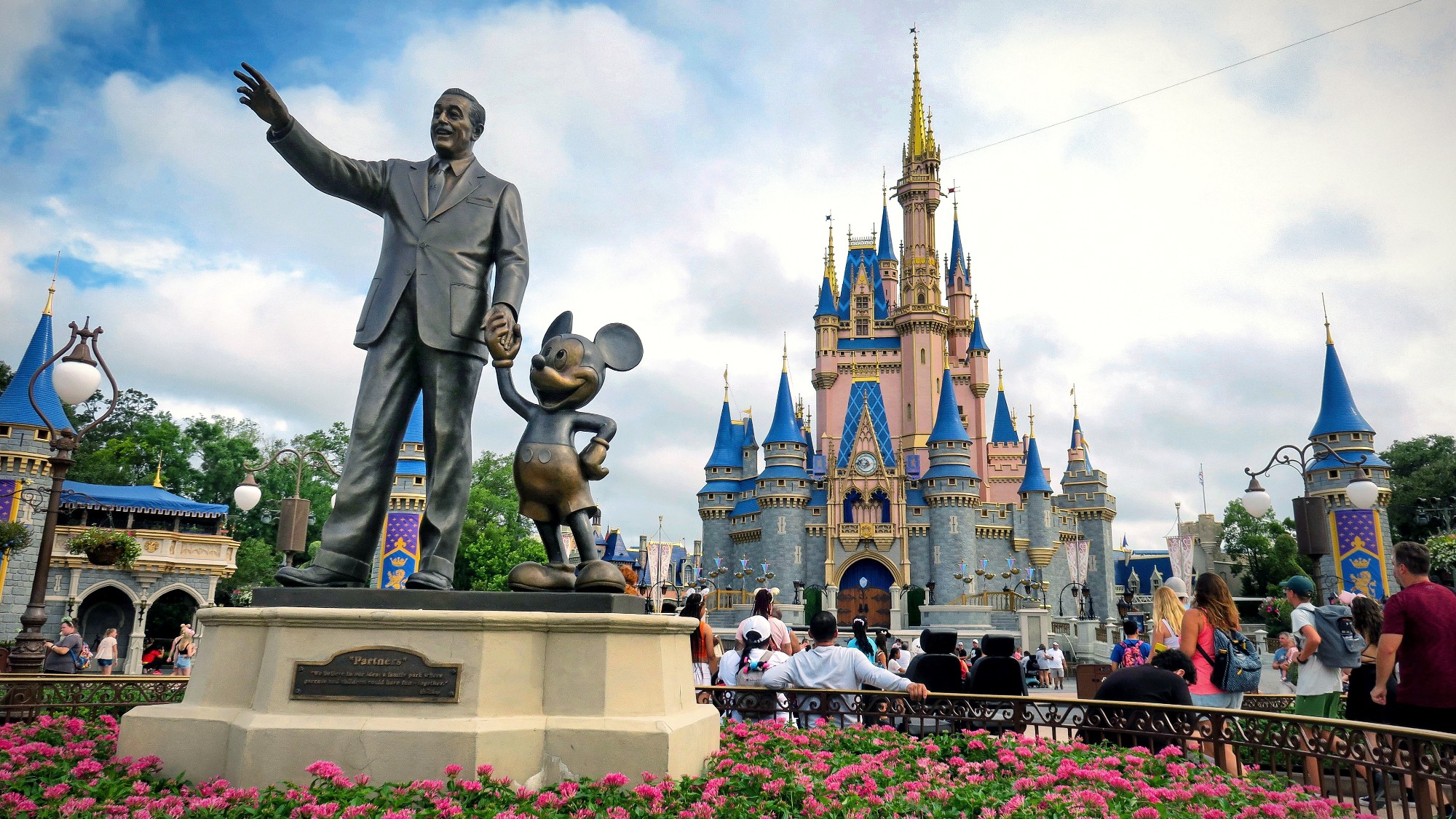 Disney and DeSantis reach detente
Disney and DeSantis reach detenteSpeed Read The Florida governor and Disney settle a yearslong litigation over control of the tourism district
-
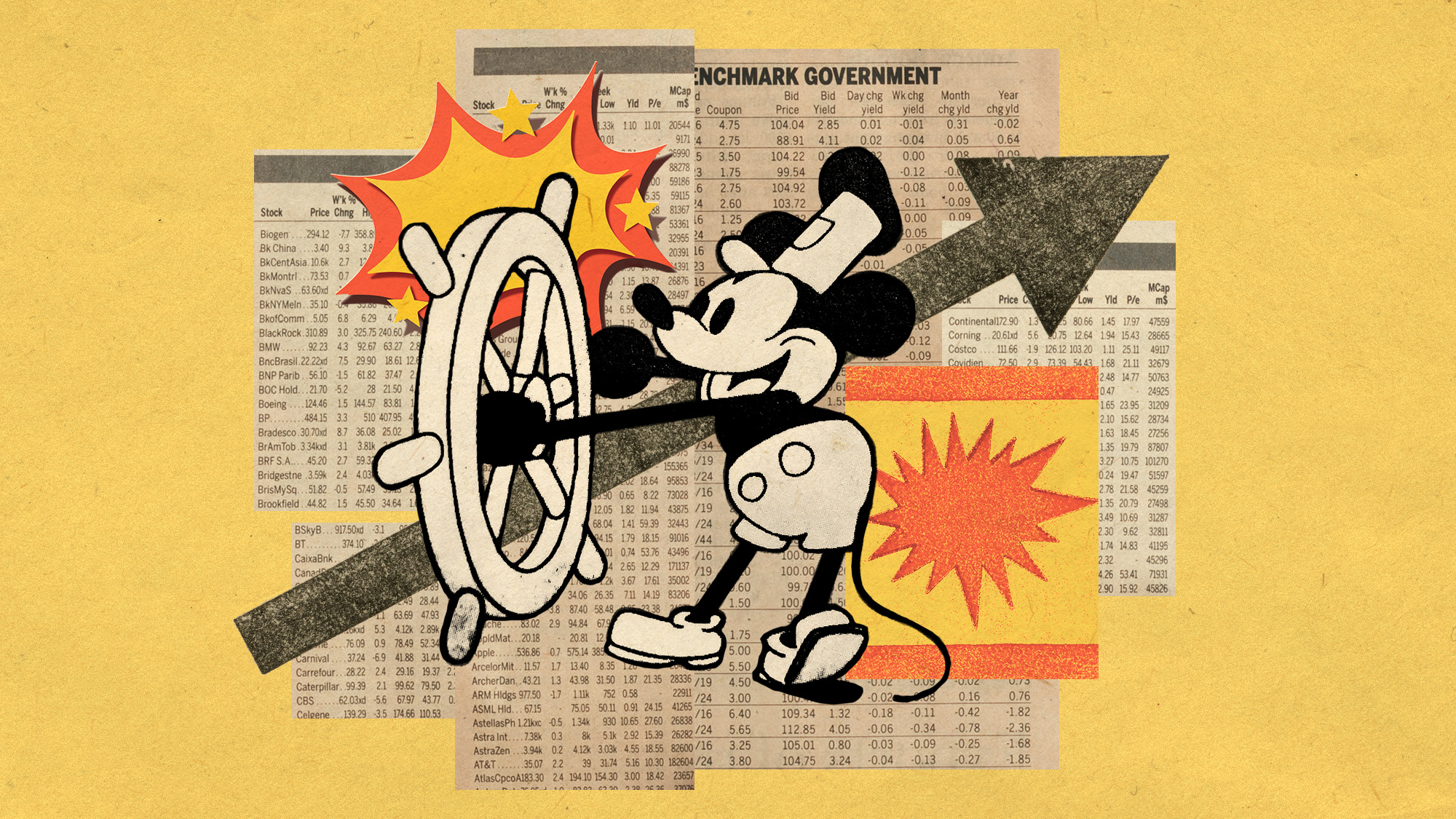 Disney is engaged in a proxy battle against activist investors
Disney is engaged in a proxy battle against activist investorsUnder the Radar Members of the Disney family are backing the company's leadership in the fight
-
 Elon Musk to X's fleeing advertisers: 'Go f--- yourself' and 'don't advertise'
Elon Musk to X's fleeing advertisers: 'Go f--- yourself' and 'don't advertise'Speed Read 'What this advertising boycott is going to do is to kill the company,' Musk said at a public conference
